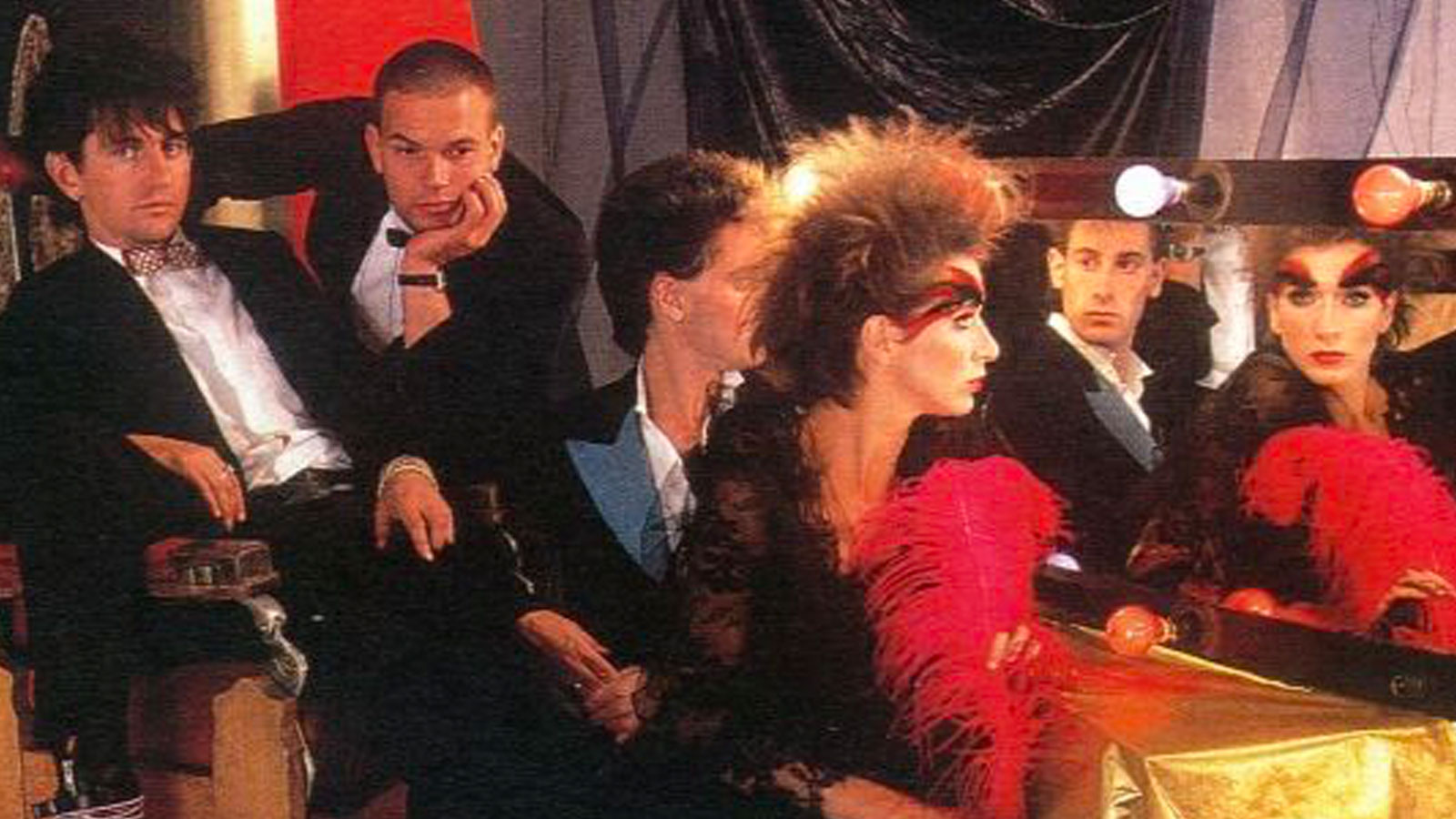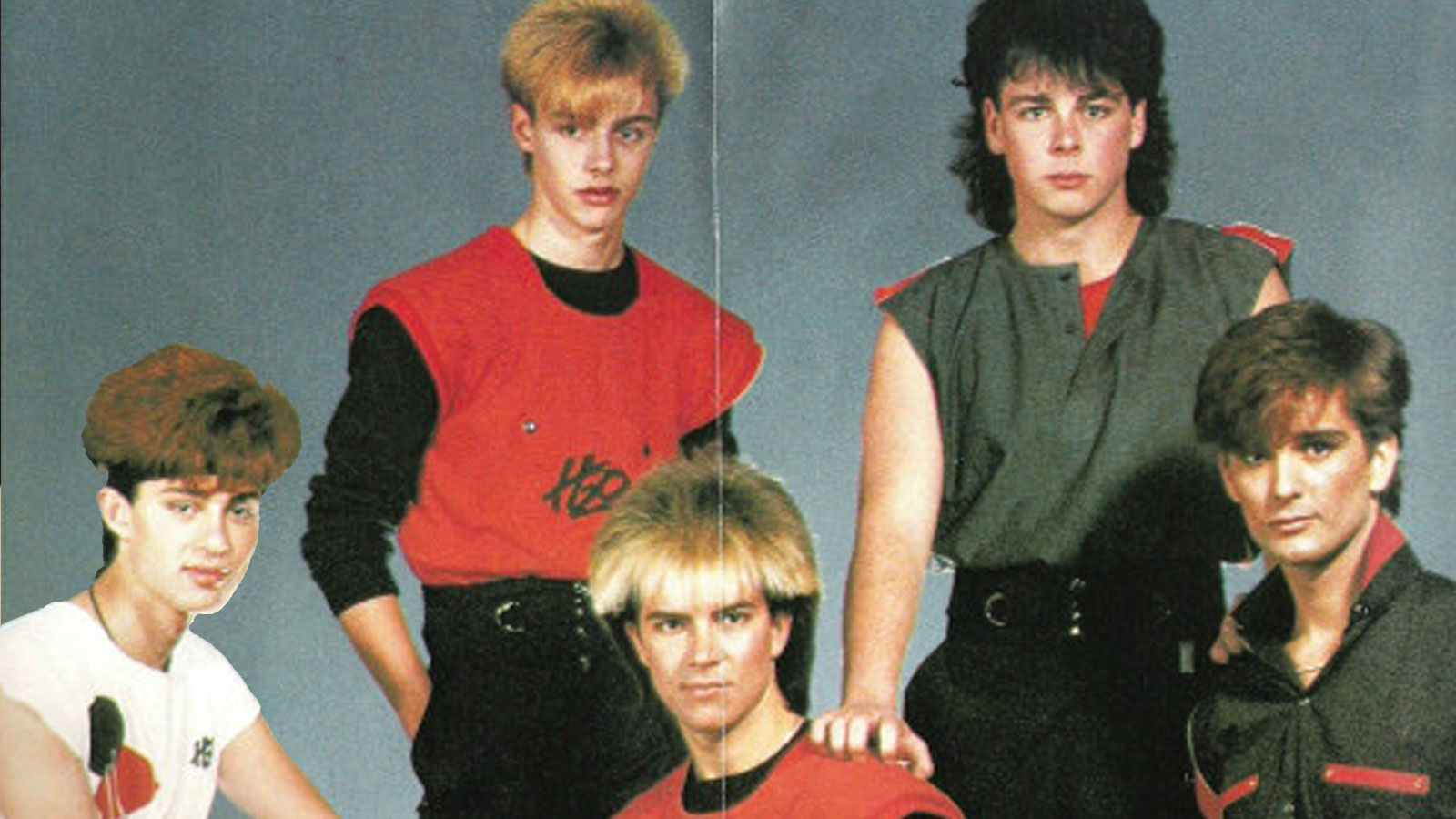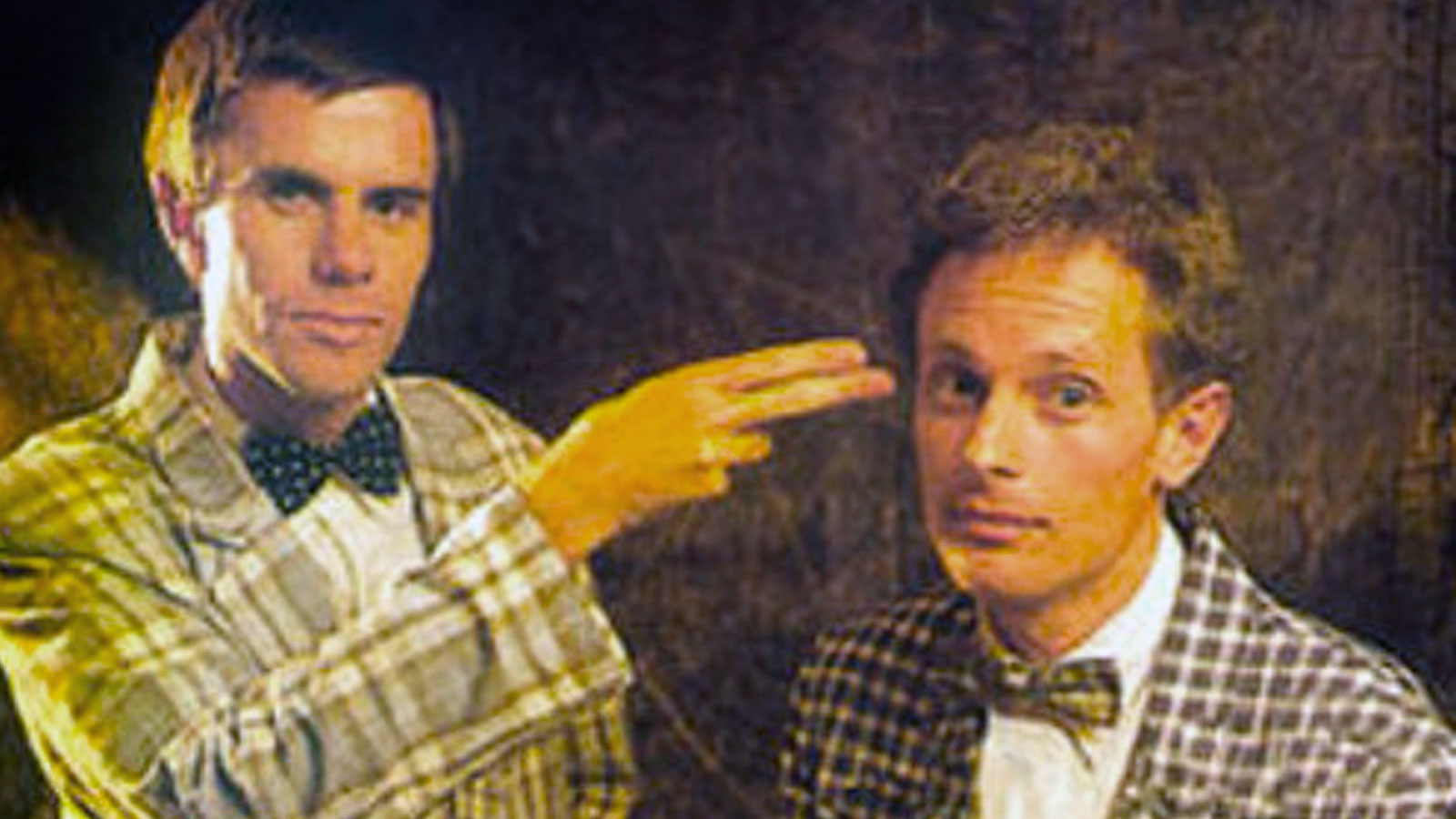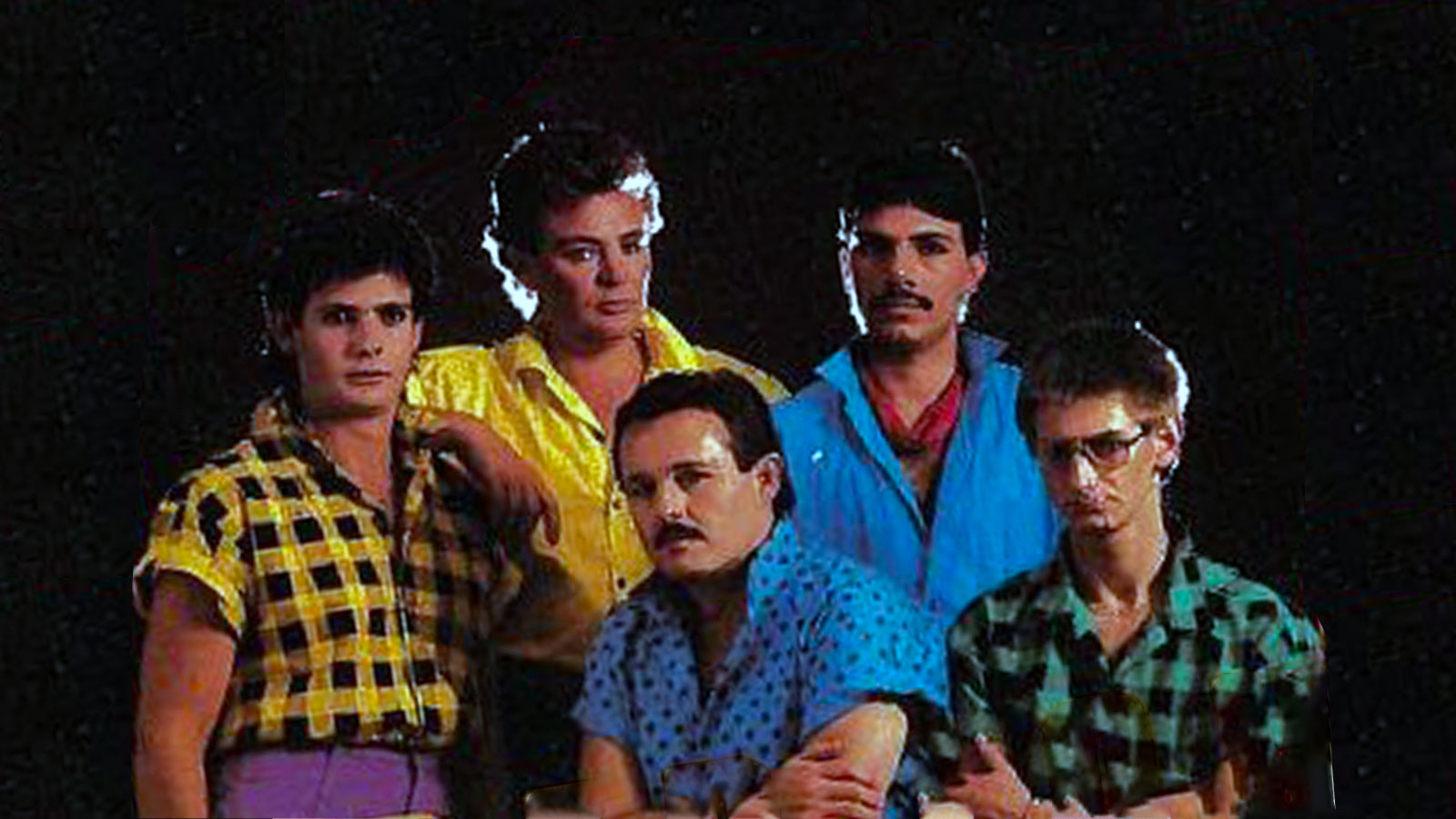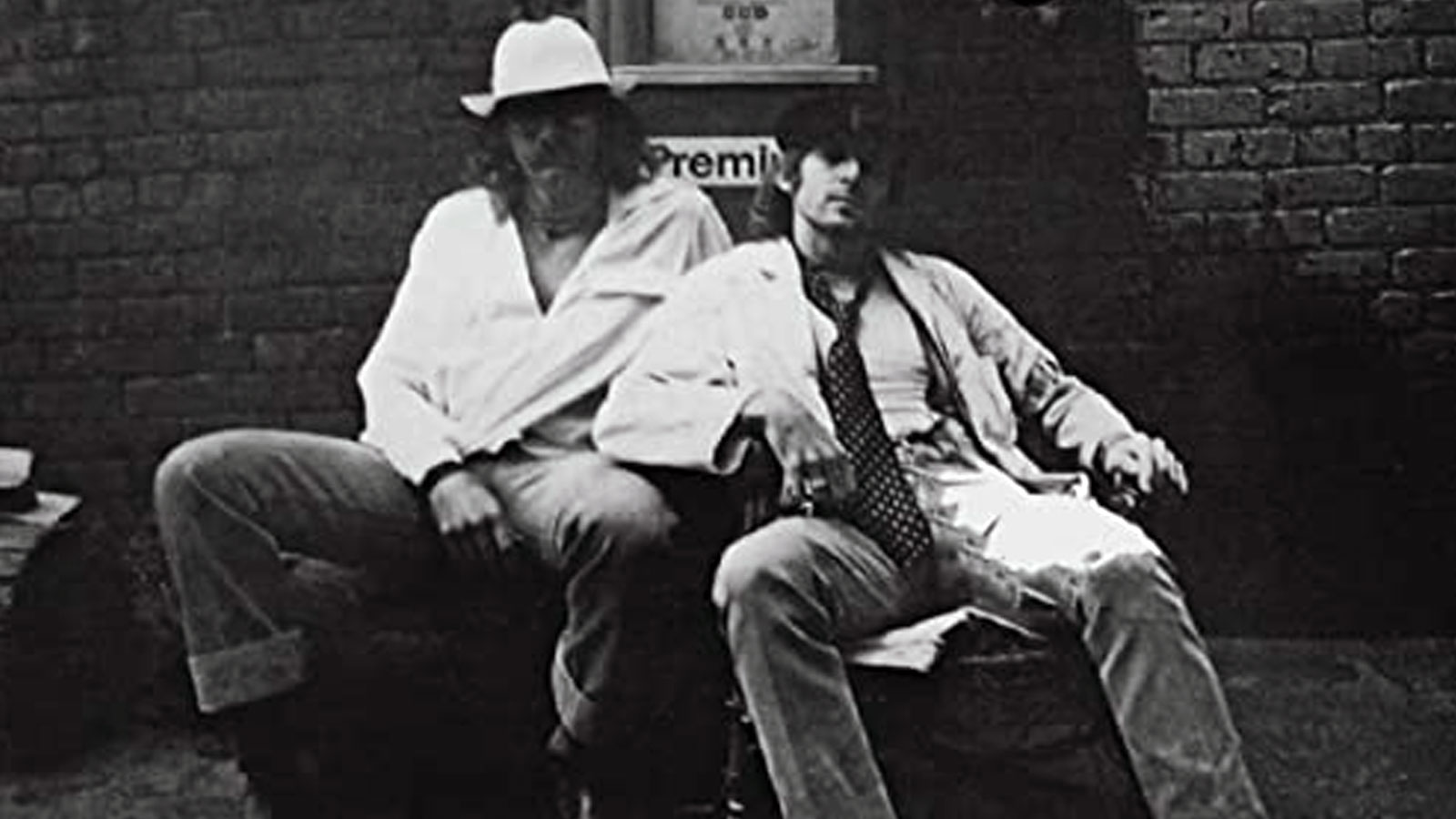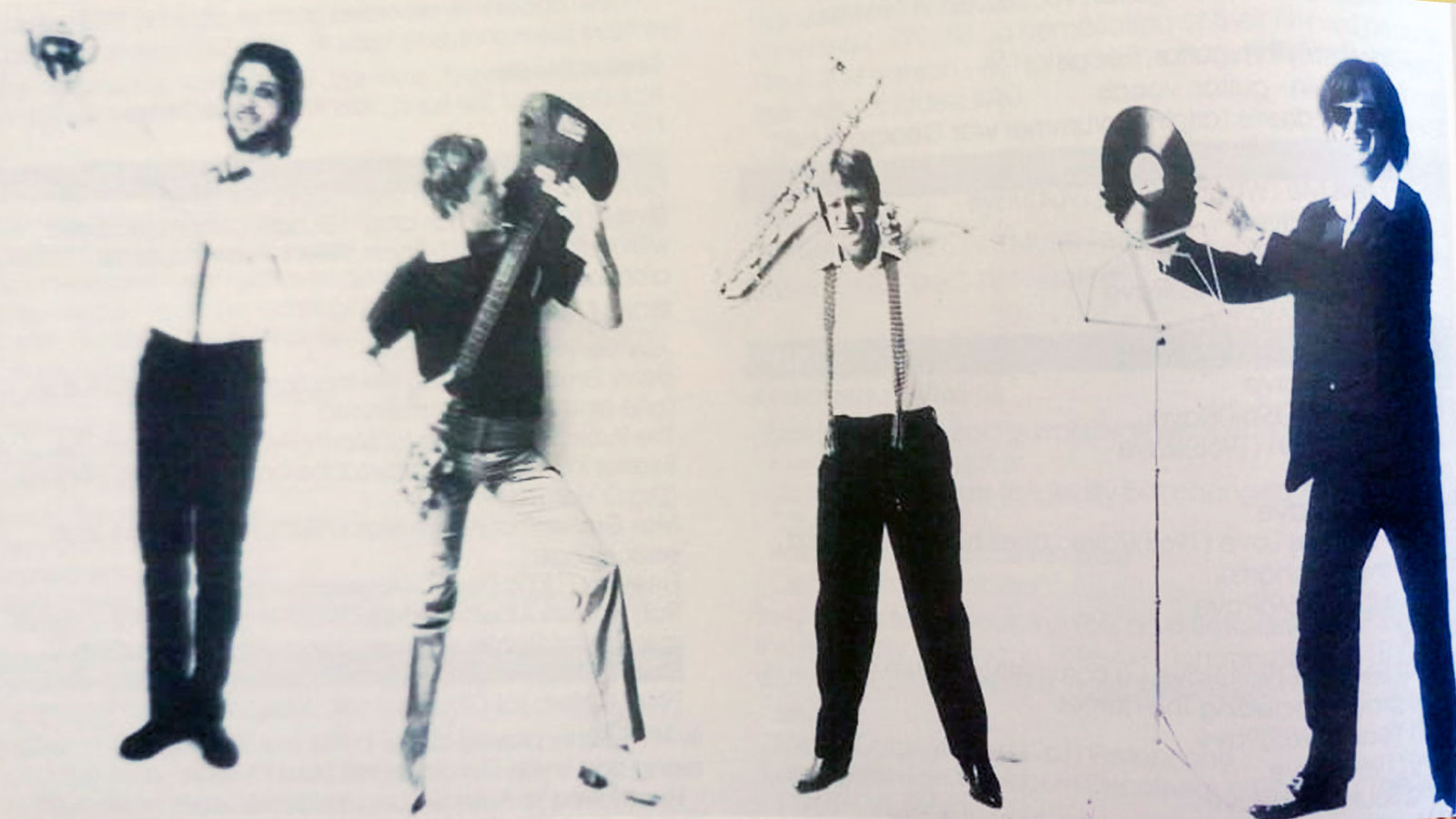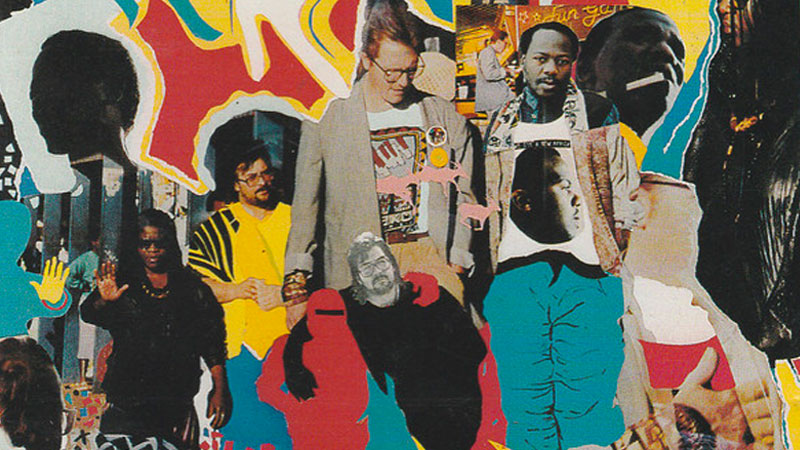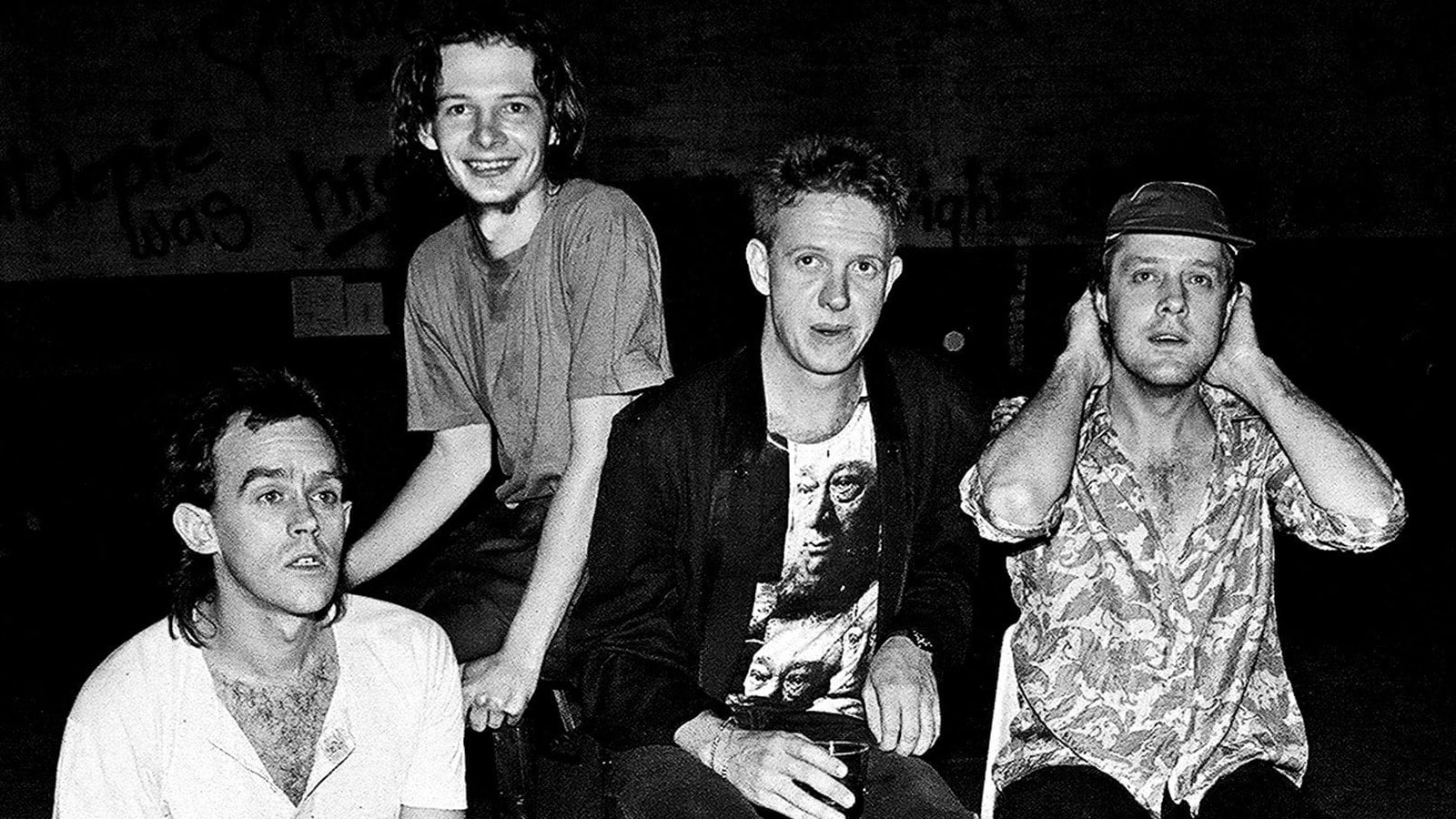Formed in Johannesburg in 1983 out of the Tim Parr Band. Tim Parr (guitar, vocals), Heather Mac (vocals), Adrian Levi (bass), Herman Eugster (drums).
They released the album Uncomplicated Dream in 1984 and rose to prominence with 3 singles which received widespread radio play in South Africa: “Pressure” (1984), “See Yourself (Clowns) (1984) and “30 Million Lonely People” (1985).
In 1986 the group moved to Ireland in the hope of making it internationally but within six months Adrian Levi and Herman Eugster had left. Irish musicians were brought in and the album Ella Mental was recorded and released in the USA in 1989. 1989 also saw the release of three singles from the album. However their releases were not met with much success and the band broke up shortly after.
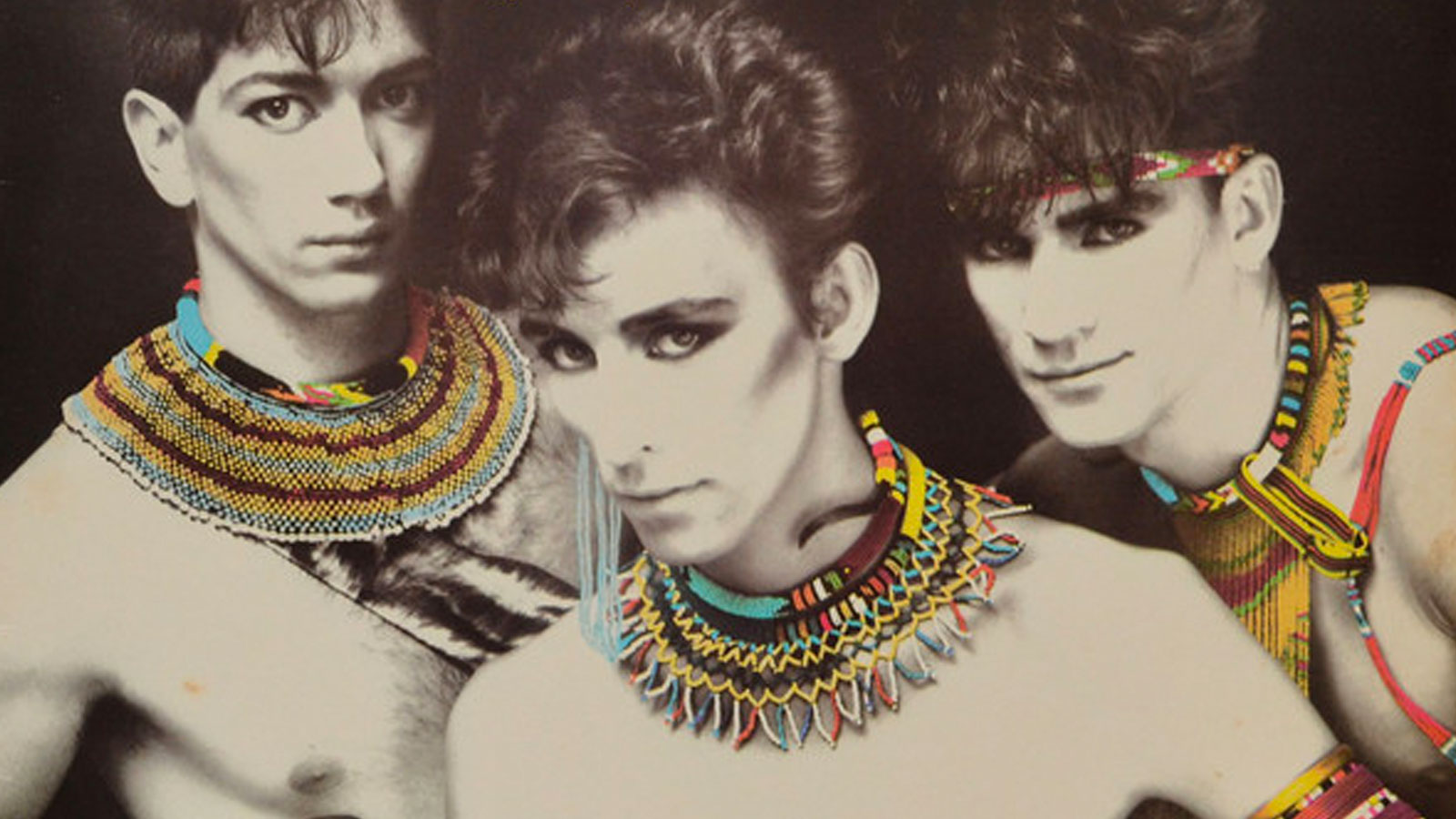
Initially formed as Zennith in Brakpan but became Void in 1977 with Lucien Windrich (guitar and vocals), Eric Windrich (keyboards, guitars and lead vocals), Terry Andalis (replacing Benjy Mudie on bass) and Danny De Wet (drums). During a stint in Zimbabwe they released a cover version of the Knack’s “My Sharona” on single.
Returning to South Africa they gigged incessantly with Jose “Aggi” D’Aguiar joining as vocalist and began to attract a growing following. In 1982 Terry Andalis, Aggi D’Aguiar and Danny De Wet left the group (they went on to form the Garage Band). George Voros replaced Danny de Wet on drums, but in turn was replaced by Wayne Harker.
In 1983 the remaining trio released their self-titled debut album and immediately went to the top of the charts with “Shadows” and “Taximan” (which featured Bakithi Khumalo on bass).
During a tour in 1983 Danny De Wet stepped in as drummer when Wayne Harker was arrested by the Military Police for going AWOL.
In 1984 eVoid released the “I am a Fadget”/”Kwela Walk”/”Telem and Godom” EP. In 1985 Wayne Harker left the group to join Askari and the Windrich brothers went over to the UK to avoid conscription into the SADF and to try to break into the international market.
In 1986 they released their second album, Here Comes The Rot, and undertook a six-week promotional tour of South Africa. The album did not do as well as their first album. Thereafter music became a side line activity for the brothers but they did release a short album Graffiti Lounge in 2008 and in 2014 did a brief tour of South Africa with the parallel release of Classics, a greatest hits compilation.
Formed in Johannesburg in 1984 with Simon Le Fevre (Lead vocals), John Campbell Le Fevre (guitar, glute, vocals), Keith Armour McFarlane (lead vocals, guitar, keyboards), Simon Fellow (bass) and Jarrad Jay Aston (drums).
They released two albums: Here We Are (1984) and Night of the Long Knives (1985). Their 1984 single “Here We Are” achieved substantial chart success.
Cape Town band formed in 1979 by Nielen Marais (vocals, percussion), Alan Faull (vocals, guitar, keyboards, bass) and Pat Humphreys (drums, percussion).
Launched their career in 1979 with the album Zen Boulders and the single ‘I Am The Actor’/‘Making Out With Grannie’. They continued to release albums and singles through the early to mid-1980s, achieving their biggest chart success with the single ‘Johnny Calls The Chemist’ in 1986.
Although not releasing any new music after that they periodically continued to perform live and released two compilation albums.
Formed in Johannesburg in 1981 with Gary Finch (guitar), Charles Kuhn (vocals), Mella Palmantouras (guitar), Tony Otto (keyboards) and Jae Velleman (drums).
In 1984 Jimmy Nichols replaced Mella Palmantouras and Dave Sharp replaced Tony Otto when the two left to join Café Society.
Their debut single was “Footprints” release in 1982. They released further singles in the 1980s, the last one being “Summer girl” released in 1987.
Brian Finch and Kenny Henson were both successful solo artists who first performed together in 1975 in the short-lived band Collinson McBrian along with Colin Pratley and Ramsay MacKay. The band broke up but in 1977 and Finch and Henson formed as a duo.
They released the single “Free and Easy” and the album Playgrounds In Paradise in 1977 and went on to release several more singles and two more albums, High Octane (1978) and At Home In The Dark (1980). T
hey continued to perform together over the years until Kenny Henson’s death in 2007.
Formed in Johannesburg in 1978. After some initial lineup changes the group that performed on their first album was Keith Berel (songwriter, vocalist, lead guitarist, sax and flute), Gerry Salendis (keyboards, vocals), Joh Hansen (bass) and Fred Knowles (drums). In 1978 released the single “Eyes”, followed by “No Football” in 1981.
Received substantial airplay on Radio 5 with “Shame On You” (1982).
They also released two albums, Going Straight (1981) and Take What You Can (1982). They broke up in 1983.
Formed in 1986 with the idea of spreading a Christian and political message, working towards a post-apartheid society.
It was a musical concept involving many people including songwriters Nick Paton and Steve McEwan. The core band was Malcolm du Plessis (vocals. Producer), JB Arthur (vocals, guitar, keyboards, producer), Dany Bridgens (guitar), Victor Sibusiso Masondo (bass) and Lloyd Martin (drums).
Released the albums We See A New Africa (1986), Another Friend In Another City (1988) and Dumisani Ma-Afrika (1993) and the single “Jabulani Afrika” in 1987.
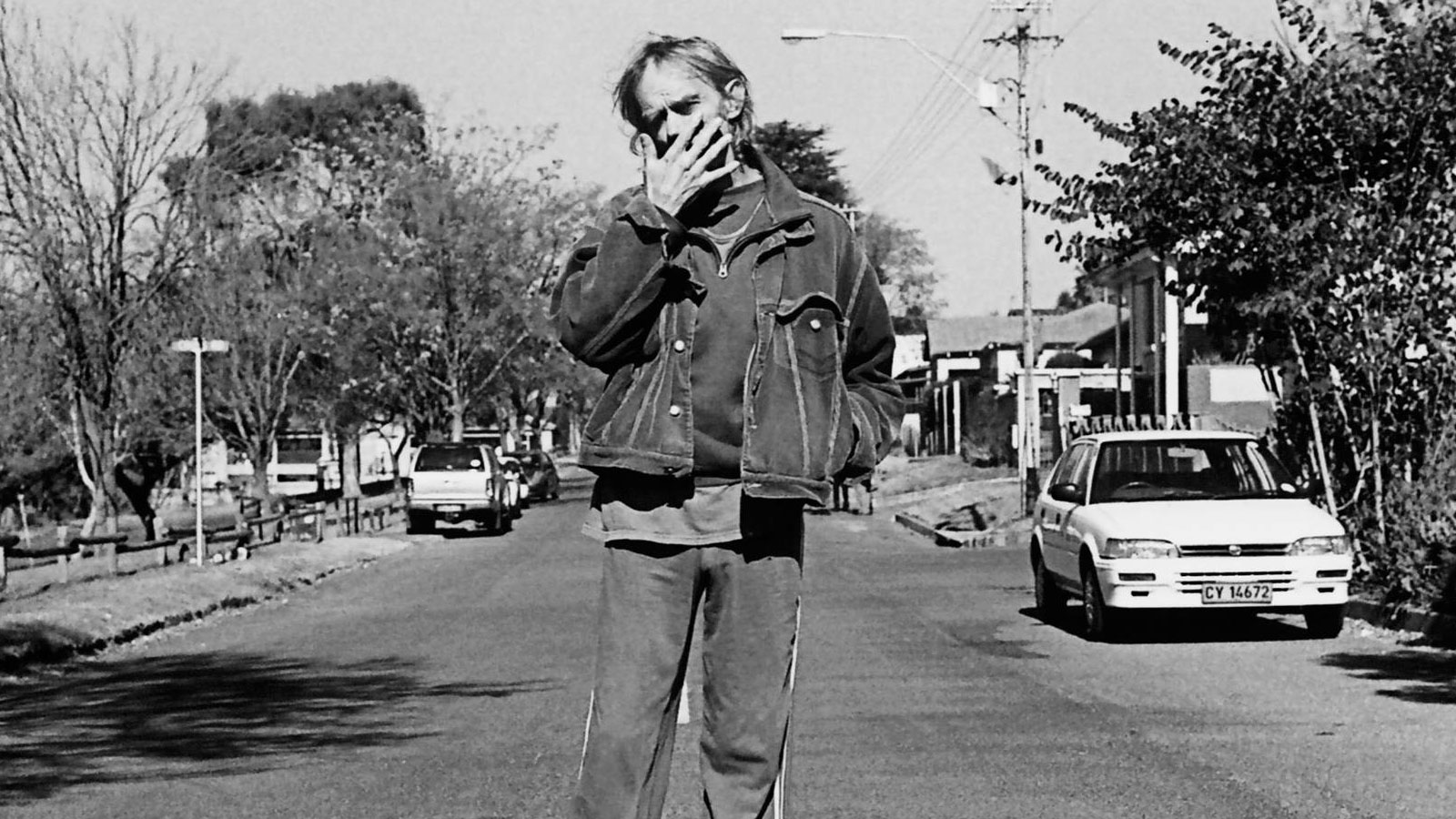
Gary Herselman is best known for his band The Kêrels, but prior to forming The Kêrels he began his career in the music industry by forming various bands while at school before getting a long-standing job at Hillbrow Records in 1980 and during that time playing in the band Hard Lines (contemporaries of The Asylum Kids) and then The Kêrels.
Musically, from 1989 until the late 1990s, Gary was involved in other projects, such as being a member of Johannes Kerkorrel’s Gerefomeerde Blues Band for the Eet Kreef (1989) album and on the Voëlvry tour, playing on the Koos Kombuis Niemandsland (1989) album and on the Radio Rats Big Beat (1990) album and also playing with the Radio Rats around the same time. In the mid-1990s he formed his own record company, Tic Tic Bang, recording some South African music and distributing both their own and other independent artists as well as licensing overseas music.
He worked with the likes of Matthew van der Want, Jo Edwards and Sue Charlton in recording music in the late 90s/early 2000s period. After the demise of The Kêrels and Tic Tic Bang, Gary working with other musicians, including co-producing (with Matthew van der Want) the tribute to Koos Kombuis Kombuis Musiek (2002) compilation album and periodically putting out his own music, including Die Lemme’s Rigtingbefok (2014) album in which he collaborated with several South African musicians and House For Sale (2018).
Formed around lead singer and songwriter Ralf Rabie (aka Johannes Kerkorrel) in 1988. Johannes Kerkorrel (vocals), Willem Moller (guitar), Gary Herselman (also known as Piet Pers, bass) and Jannie Hanepoot Van Tonder (drums).
Released the singles “Ry/Hillbrow” in 1988 and the single “Ossewa”/”Liefde” and the album Eet Kreef in 1989.
Were one of the main attractions of the Voelvry tour (along with Koos Kombuis). Broke up when Johannes Kerkorrel decide to pursue a solo career without them.


